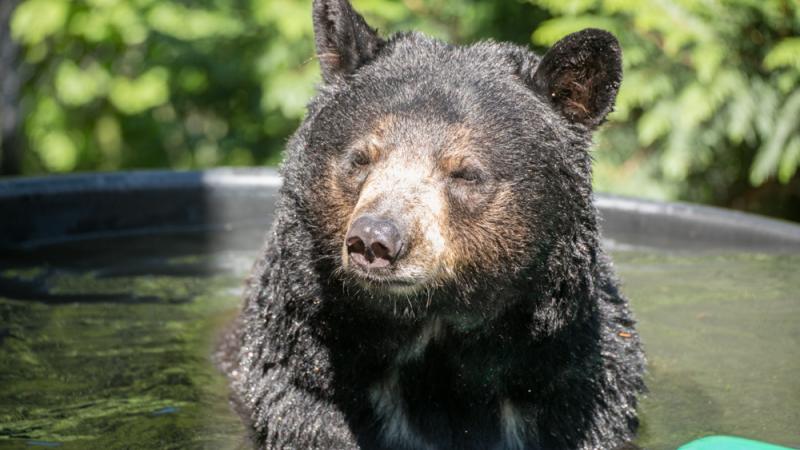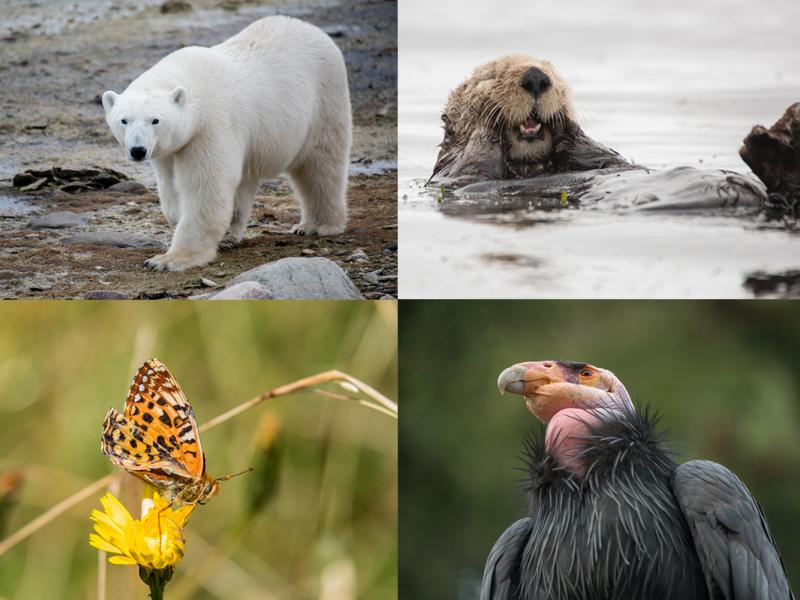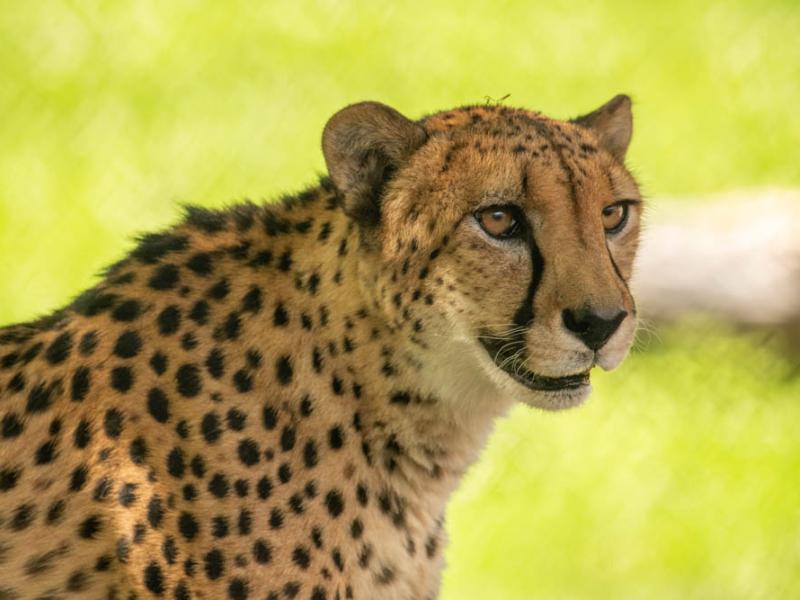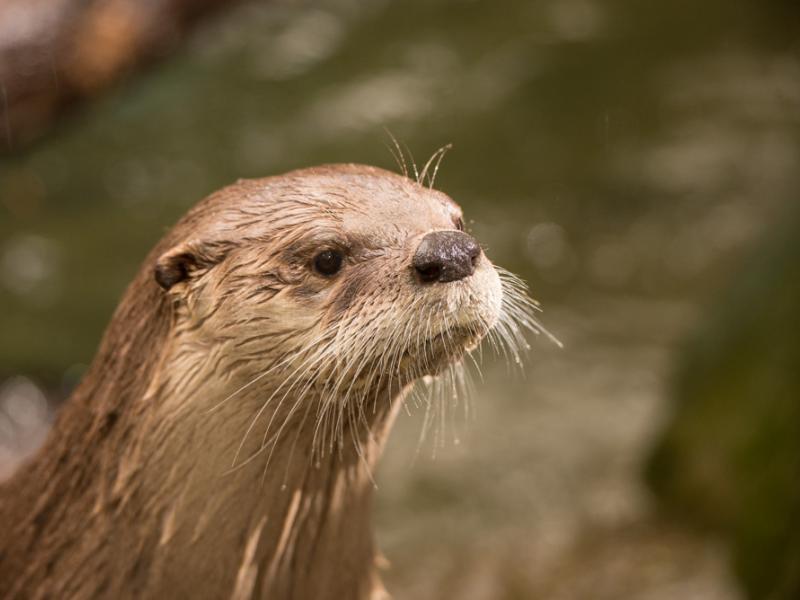
Takoda, a resident of the Oregon Zoo’s Black Bear Ridge, cools off during warm spell
As a stretch of sunny spring weather settles around Portland this week, 10-year-old Takoda did what many youngsters do on warm afternoons: headed for his wading pool to splash around with some favorite toys.
This 10-year-old, though, was a 400-pound black bear at the Oregon Zoo, and his “wading pool” is a sturdy 300-gallon tub that caregivers keep filled with cool water for four furry denizens of Black Bear Ridge.
What happened once Takoda hopped in and started splashing around is the kind of stuff the internet was made for, especially in times like these: bit.ly/TakodaTub.
“The warm weather is starting to come on, and Takoda loves splashing around in his tub,” said Amy Cutting, who oversees the zoo’s Great Northwest area. “He’s quite a goofy bear. He was just cooling down and having some fun on a nice spring day.”
In past years, Takoda has gained attention for climbing a 50-foot Douglas fir tree in his habitat to feast on the tasty new growth near the top, while his older companions — Cubby, Tuff and Dale — waited below to catch whatever he dropped while foraging.
“To see a 400-pound bear so high up in one of these giant trees is breathtaking,” Cutting said. “But black bears are extraordinary natural climbers.”
Takoda fans will have to wait a bit before they can see him in person, as the zoo remains closed to help slow the spread of COVID-19. The Oregon Zoo Foundation, the private nonprofit fundraising arm of the zoo, is seeking donations through a newly established Emergency Recovery Fund, aimed at providing a critical $1 million infusion to support zoo operations during the closure. To contribute to the fund, go to oregonzoo.org/donate.
Takoda, whose name means “friend to all” in Sioux, climbs with less frequency now that he’s no longer a cub, according to Cutting. He arrived at the Oregon Zoo in November 2010. He had been orphaned as a cub in Montana, where he was found hungry and dehydrated, weighing less than 3 pounds. Rescued by wildlife officials, the young cub was nursed back to health but could not be released back to the wild, so a new home was found for him at the zoo’s Black Bear Ridge.
Across North America, from Canada to the northern half of Mexico and in at least 40 U.S. states, lethargic black bears are shaking off the sleep to sniff out the goods of spring. Once abundant in nearly all of North America’s forested regions, black bears have lost much of their habitat and were extirpated from great swaths of their former range. But populations have been bouncing back over the past two decades: 60% of U.S. and Canadian states and provinces report growing numbers, according to the International Union for Conservation of Nature, which lists the bears’ current population trend as “increasing.”
More News

Take action: Protect wildlife by protecting their homes
Speak up to protect wildlife. Submit a public comment urging the government to keep the Endangered Species Act strong — including protections for habitat.May 8, 2025

Zoo mourns Strike, one of oldest male cheetahs around
At 15, Strike was considered geriatric for his species and was the second-oldest male cheetah living in an AZA-accredited zoo.May 8, 2025

Zoo says goodbye to Tilly, beloved otter mom
At 16, Tilly was considered geriatric for her species.April 30, 2025

